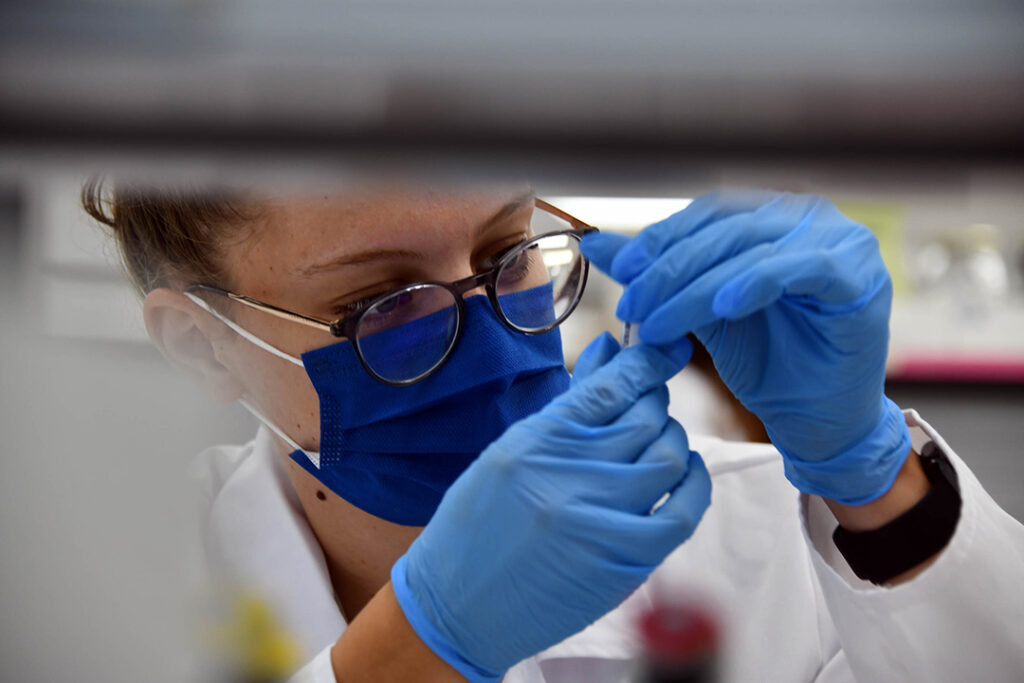ADF STAFF
With many African countries experiencing a lull in COVID-19 infections, public health leaders say now is the time to prepare for a possible next wave that could begin as soon as late April.
“The fifth wave is likely to break as we get closer to winter,” South African Health Minister Dr. Joe Phaahla told eNCA news, referring to the winter season in the Southern Hemisphere. “Of course, it may come even earlier depending on whether we experience variants of concern much earlier than we did with omicron.”
Since the pandemic began in early 2020, there have been waves of infection, with lulls of about three months in between. Based on that pattern, countries that are through the omicron-driven fourth wave have about two months to prepare for the next one.
The shape that wave will take will depend on the variant driving it — something scientists don’t know yet, according to South African epidemiologist Salim Abdool Karim.
“We have no idea where the next variant is going to come from, what it’s going to look like,” Karim told South Africa’s Jacaranda FM radio. “That is the uncertainty we have to work with in this pandemic.”
African nations have identified the beta, eta and omicron variants, but variants can come from anywhere in the world. Every COVID-19 infection creates the possibility for a new variant that may be able to escape immune responses.
“When we have more testing facilities, then we have more cases. However, due to the continued mutation of the variants, we can’t rule out the possibility of the fifth wave of the pandemic very soon,” Johannes Marisa, president of Medical and Dental Private Practitioners of Zimbabwe, told the news site New Zimbabwe.
The omicron wave proved less deadly and produced fewer hospitalizations than the delta wave that preceded it. There’s no guarantee, however, that future waves will be similar, Karim said.
“We can’t now just continue doing the same things over the long term because the virus and the epidemic are changing and we need to change and adapt to them,” he added.
Preparation will be the key to whether a country surfs the next wave or sinks under it, according to experts. Medical oxygen and antiviral drugs will play an important role in those preparations, said Professor Tulio de Oliveira, director of the KwaZulu-Natal Research and Innovation Sequencing Platform. The platform has played an important role in identifying variants and subvariants since the pandemic began.
“If we keep being prepared, it’s extremely likely that we continue to see this decoupling between infections and hospitalizations,” de Oliveira told eNCA.
South Africa’s National Institute for Communicable Diseases reported the country’s first two days with zero COVID-19 deaths in late February and early March, an indication that the worst of the pandemic may be over, de Oliveira said.
South Africa rode the fourth wave well, Phaahla said.
“And we’re going to keep very quick and very advanced science to make sure we can do the same with the fifth wave,” Phaahla said.

